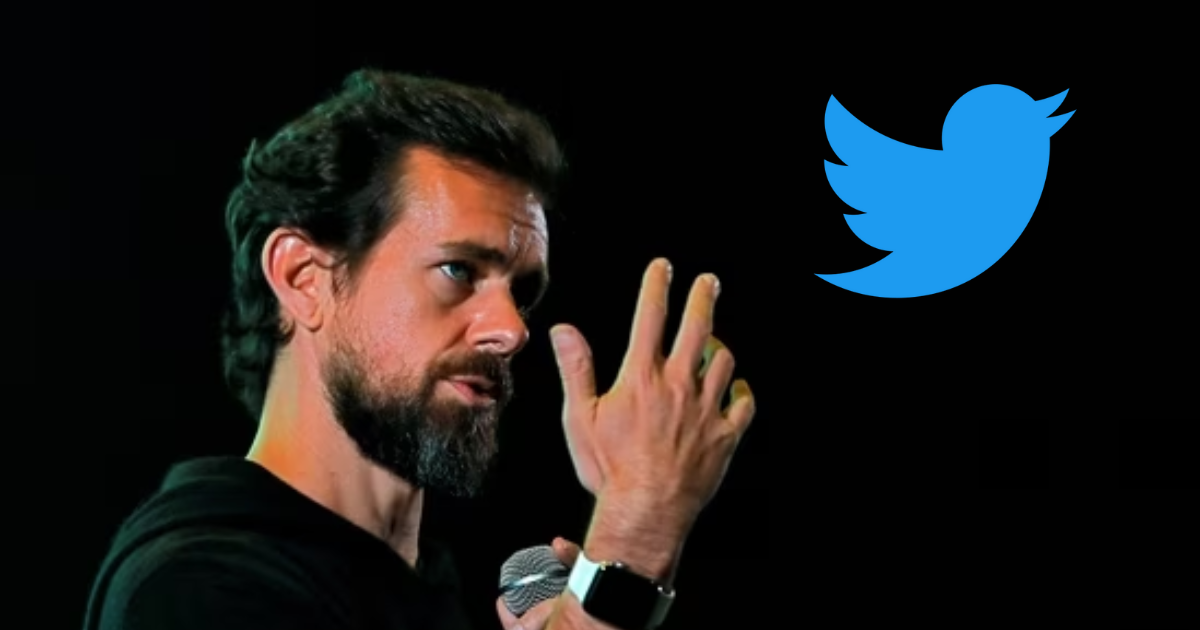Ex-Twitter CEO Jack Dorsey has ignited a controversy by claiming that the Indian government conducted raids on the homes of Twitter India employees and shut down its offices in the country. Dorsey made these remarks while speaking to an American news outlet about the pressure he faced from various foreign governments, citing India and Turkey as examples.
According to Dorsey, the Modi government had made numerous requests related to posts made during the 2021 Farmers’ Protest and against journalists critical of the government. He stated, “India, for example, had many requests of us around the Farmers’ Protest, around journalists critical of the government. It manifested in ways such as we were shut down in India, which is a very large market for us.”
Dorsey referred to the events of May 24, 2021, when the Delhi Police conducted raids at two Twitter premises after the microblogging site labeled a tweet by BJP spokesperson Sambit Patra as ‘manipulative media’.
In response, Union Minister of IT Rajeev Chandrasekhar denied Dorsey’s claims and labeled his behavior as ‘partisan’. Chandrasekhar stated that Twitter repeatedly violated Indian law from 2020 to 2022, and it was only in June 2022 that they finally complied.
Chandrasekhar rejected Dorsey’s assertion that Twitter was ever shut down in India or that any Twitter officials in India were imprisoned. He criticized Dorsey’s Twitter regime for not accepting the sovereignty of Indian law and acting in a partisan manner.
While Twitter was engaged in multiple lawsuits against the Indian government during most of 2021 and the first half of 2022, the platform has recently taken a more conciliatory approach under the leadership of Elon Musk and Linda Yaccarino. However, India still ranks among the top countries in sending legal directives to Twitter for content removal and user data requests.
The controversy surrounding Dorsey’s statements reflects the ongoing tension between social media platforms and governments regarding content moderation and compliance with local laws. The differing accounts presented by Dorsey and the Indian government highlight the complexities of this issue and the need for transparent and respectful dialogue between tech companies and regulatory authorities.



![[CITYPNG.COM]White Google Play PlayStore Logo – 1500×1500](https://startupnews.fyi/wp-content/uploads/2025/08/CITYPNG.COMWhite-Google-Play-PlayStore-Logo-1500x1500-1-630x630.png)